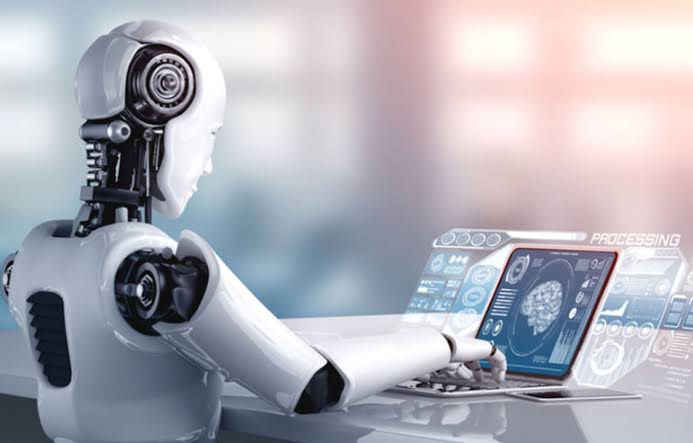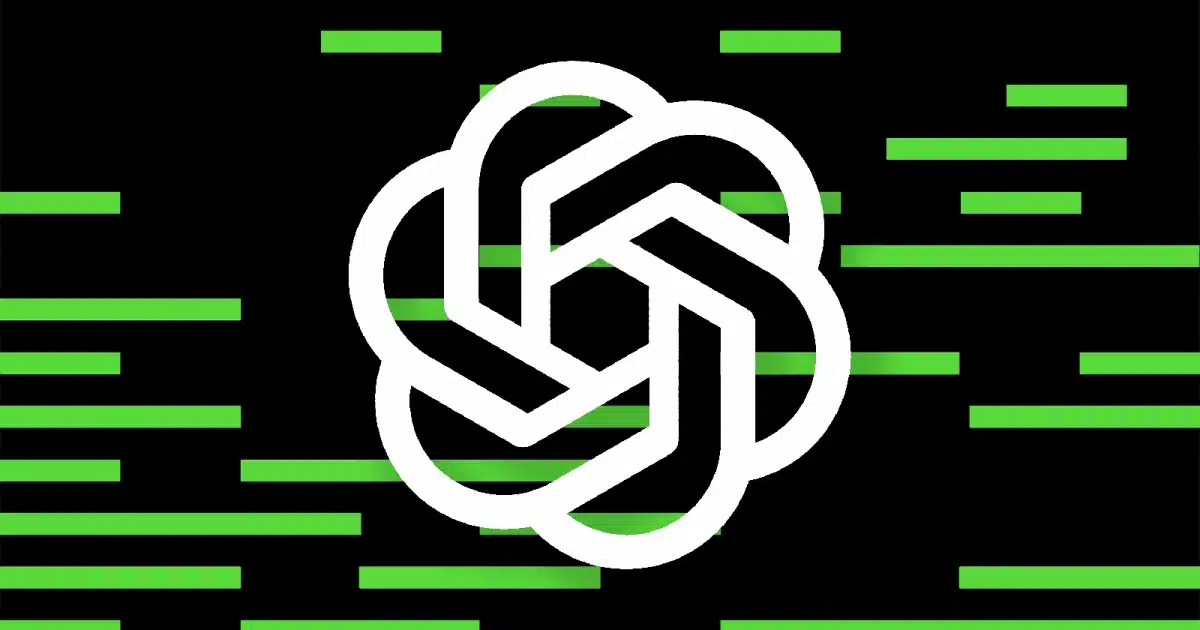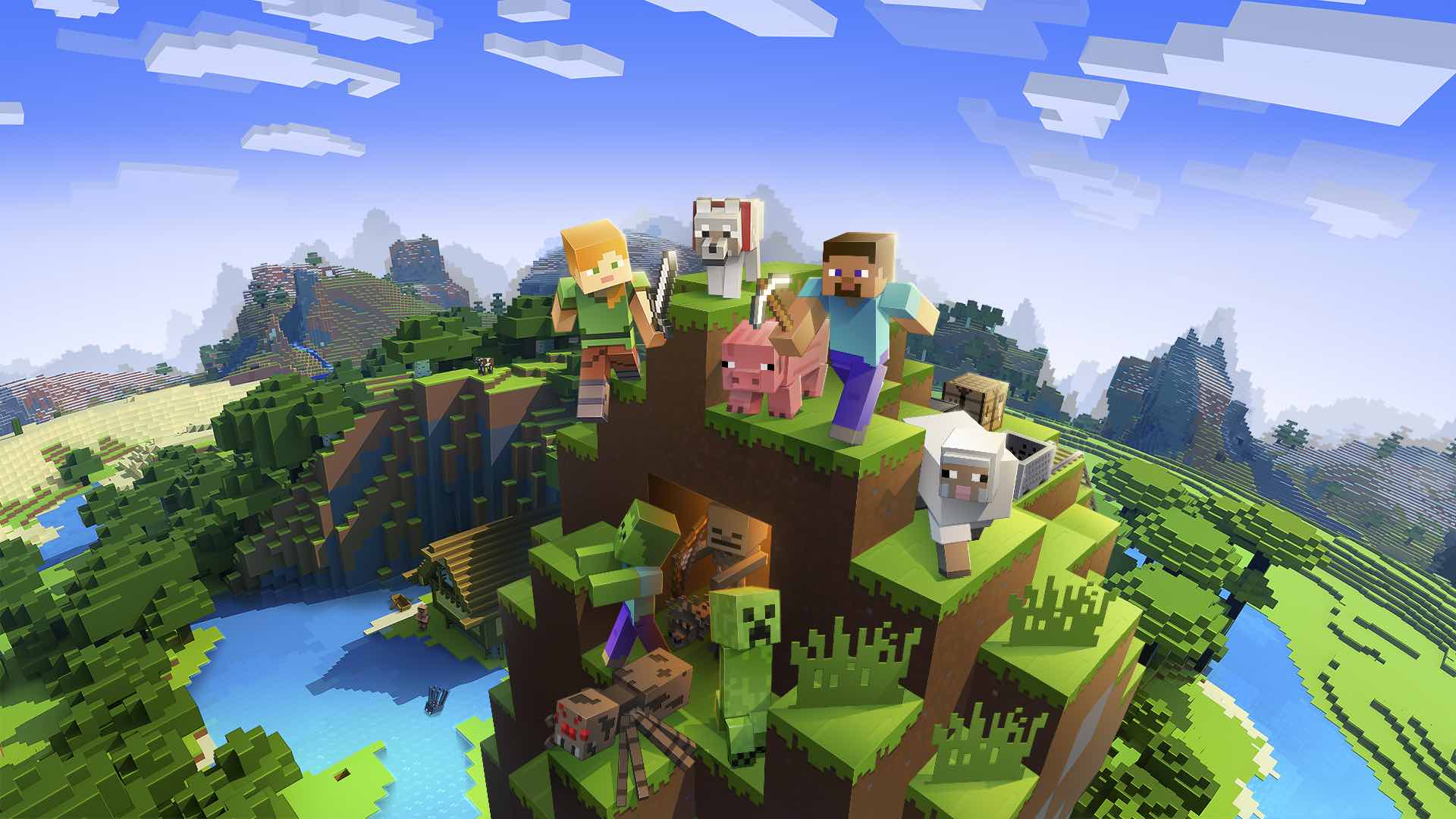
AI and Programmer's Future?
Artificial intelligence (AI) is one of the most exciting and rapidly growing fields in technology. With its ability to learn, adapt, and make decisions based on data, AI has the potential to revolutionize many industries, including software development and technical support. However, as AI continues to advance, there is a growing concern that it could replace programmers and technicians altogether. In this blog post, we will explore this question and discuss the implications of AI for the future of these professions.
First, it's important to understand what AI is and how it works. At its core, AI is a set of algorithms and models that are designed to learn and improve over time. This learning process is based on analyzing data and patterns, which enables the AI to make predictions and decisions based on that data. As AI systems become more sophisticated, they can perform tasks that were once thought to require human intelligence, such as natural language processing, image recognition, and even complex problem-solving.
So, can AI replace programmers and technicians? The short answer is no, at least not entirely. While AI can automate certain tasks and make them more efficient, it still requires human input to function properly. Programmers and technicians are still needed to design, develop, and maintain AI systems, as well as to provide support and troubleshooting when something goes wrong. In other words, AI is not a replacement for human expertise; it is a tool that can enhance and augment it.
That being said, there is no doubt that AI will change the nature of these professions. For example, AI can automate repetitive or time-consuming tasks such as debugging, testing, and code optimization, freeing up programmers and technicians to focus on more complex and creative work. Additionally, AI can assist with problem-solving by analyzing data and suggesting solutions, but it is up to the human expert to evaluate those suggestions and make the final decision.
Moreover, AI can also help bridge the skills gap in these professions by providing assistance to less experienced programmers and technicians. For example, an AI system could provide guidance on best practices, recommend code improvements, or suggest solutions to common problems, thereby increasing the efficiency and effectiveness of junior team members.
In summary, while AI is a powerful technology that has the potential to transform many industries, including software development and technical support, it is unlikely to replace programmers and technicians entirely. Instead, AI will augment and enhance human expertise, making these professions more efficient, effective, and accessible. As AI continues to evolve and mature, it will be interesting to see how these professions adapt and evolve in response to this new technology.









